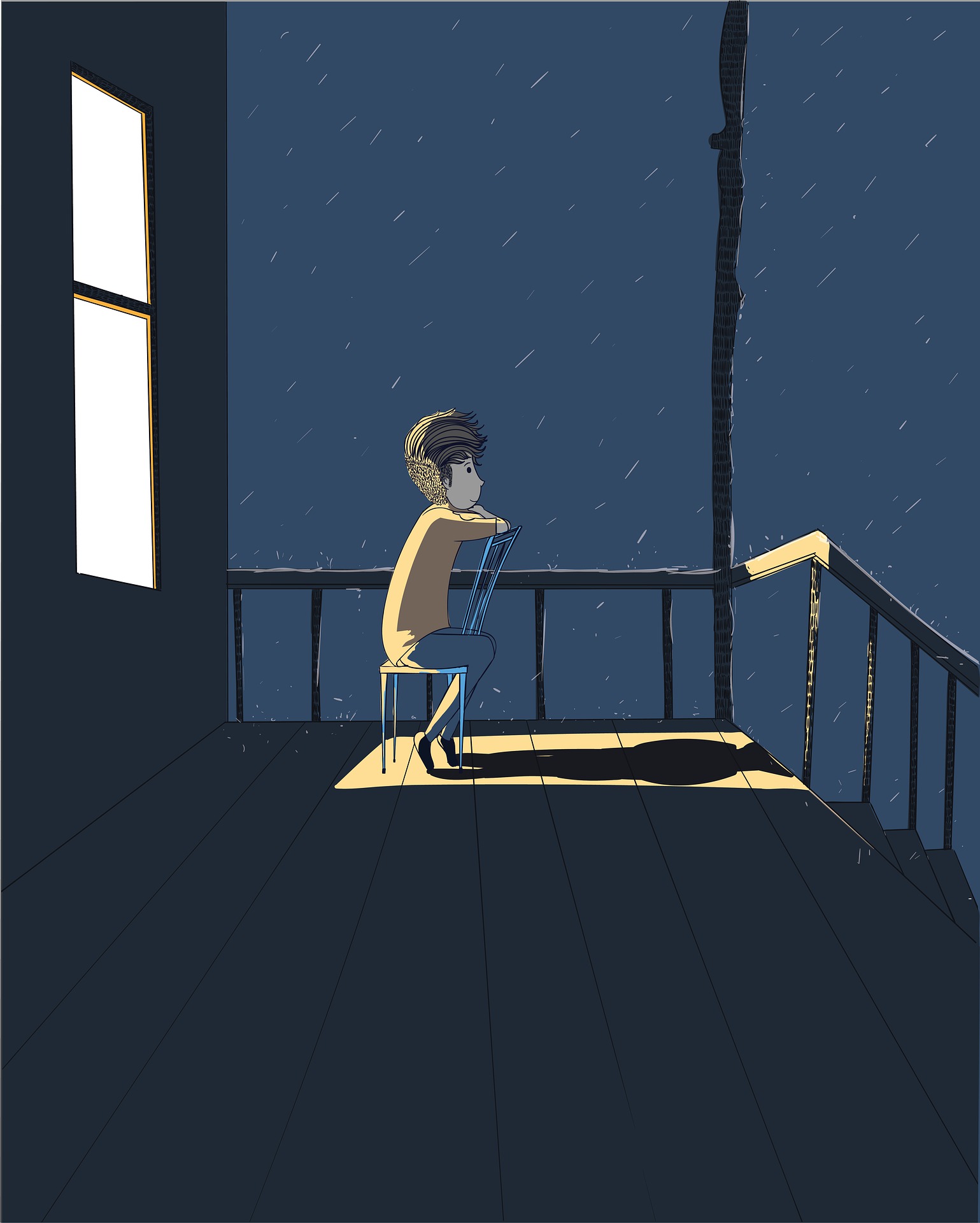I sat in front of a blank sheet of paper. I had woken up eight minutes ago. I had decided that I would wake up every day at 6 am and write. I made a cup of coffee first and saw the sunrise to inspire myself. Perhaps I also listened to Edith Piaf‘s ‘La Vie en Rose‘ to stir my imagination.
When I finally sat down to write, I did not use a ball-point pen; I pompously dipped my quill into a cartridge and spread the ink across the page, practising my hand. By the time I had written a few sentences, it was 7 am and time to go to school.
As a writer, I must write. A writer who does not write is not a writer – just as a painter who does not paint is not a painter, and a musician who does not compose is not a musician. Besides being a writer, I am also a romantic – a term, which to the average realist, is synonymous with pretension.
We, romantics, find reality monotonous. It fails to feed our desire for beauty, wonder and mystery. We prefer an idealised worldview, and so we surround ourselves with hardcover books and over-complicated music scores. We are constantly searching for words, pictures, or music that satiate our ideal desires.
I would spend hours pondering over what to write instead of sitting down and making my fingers race. I even stopped thinking about what I would write and started thinking about just the beauty of writing. However, as hours became days and days became weeks, I found that I was constantly unsatisfied. I had fifteen rough drafts with a single sentence. It invoked a question: if I, as a writer, do not write, what am I?
It was not that I did not enjoy Chaucer or Milton or the anonymous author of Beowulf; their writings intrigued me, but I had to ask myself whether I read them to be enlightened or out of plain pretentiousness.
I wanted to sit outside Café de Flore in Paris and write my book like Ernest Hemingway did, or roam the streets of New York with a woman for company like Bob Dylan did. Honestly, there is no fault in wanting to do such things; such ideals can fuel inspiration, but engagement with a subject out of mere idealisation defeats the craft’s purpose.
There is beauty in making art, but to obsess over the act of creation that we reject the product entirely is futile. We artists have to dare to ask ourselves whether we engage in the craft out of joy or out of obligation towards fulfilling an ideal.
Unfortunately, as I too had to force myself to admit that we cannot entertain our romantic notions while recognising the harsh reality of creating art. The job of an artist is not easy. We are already in a precarious vocational state, and we face dire consequences if we fail to produce something worthy of admiration.
It is a bitter understanding, which dismisses the romantic ideal – just do it: type the words, re-write, and then re-write once more. To concentrate on the craft and do away with the romantic notions associated with it. Of course, the artist need not reject these romantic ideals entirely, but there always remains the risk of forgetting their purpose.
One might find that they renounce their craft entirely. It is not easy, but recognising that a particular art form is not one’s passion is the first step towards partaking in something more fulfilling. The goal is to engage in something which truly captures our interest and leaves us content. If we fail to do so, it will distract us from the things that deserve our attention and bring us true joy.
Although it seems dull and tedious, it will reward the artist with the satisfaction of creating something to the best of his/her ability. It is a heart-warming reminder of why he/she set out to become an artist in the face of numerous uncertainties.
The bottom line is to retain romantic ideals in our work while striving to produce such work sincerely. To my surprise, I unconsciously fulfilled romantic ideals even while adhering to a strict work discipline. I suppose it never struck James Joyce either that he was in Paris when he wrote Ulysses –maybe it was because he was writing about Dublin.
Having read this essay, you must be thinking, ‘So what did you do about it, kid? Written anything?’
Yes, well, I returned to my desk, sat upright, tossed my quill to the side, and typed late into the night. The product is what you have just finished reading. Sounds romantic, doesn’t it? Trust me. It wasn’t.
I want to end by rewriting John Lennox‘s quote:
‘Nonsense remains nonsense even when typed out on a 1947 Smith Corona Sterling‘.
Greg Aby is a 17-year-old writer. He enjoys reading, writing, and playing music. He plans to continue his study of the arts in college.
Featured image credit: Piyapong Saydaung/Pixabay

